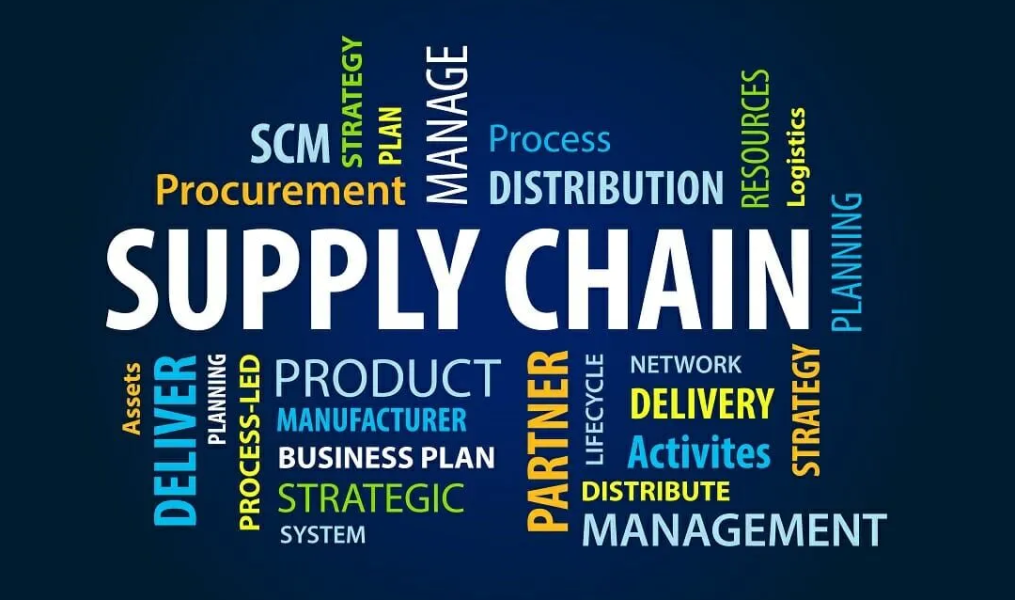
30 Jun, 2023
The Importance of Supply Chain Due Diligence for ESG Compliance
In today's rapidly changing world, the focus on environmental, social, and governance (ESG) principles has become increasingly important. Companies are under pressure to prioritize sustainability, ensure human rights, and mitigate environmental impacts throughout their supply chains. As a result, supply chain due diligence has emerged as a critical practice for companies to assess and address potential risks and opportunities related to ESG issues.
Understanding Supply Chain Due Diligence
Supply chain due diligence involves a systematic assessment of a company's supply chain to identify, prevent, and mitigate potential adverse impacts on ESG factors. It requires companies to go beyond their own operations and extend their responsibility to the entire value chain, including suppliers, contractors, and business partners. By conducting due diligence, companies can gain a comprehensive understanding of the ESG risks and opportunities within their supply chains.
The Regulatory Landscape for Supply Chain Due Diligence
Governments around the world are implementing regulations to enforce supply chain due diligence and hold companies accountable for their ESG performance. One notable example is Germany's Supply Chain Act (LkSG), which will come into effect in January 2023. This law requires companies with more than 3,000 employees, both in Germany and abroad, to conduct stringent ESG due diligence in their supply chains. Failure to comply can result in fines and exclusion from winning public contracts.
The European Union is also taking steps to drive corporate sustainability in global value chains through the upcoming Corporate Sustainability Due Diligence Directive (CSDDD). This directive will require companies to prevent human rights violations and negative environmental impacts in their supply chains. While initially mandatory for larger organizations, it is expected to impact small and medium-sized enterprises as well.
The Risks of Non-Compliance
Non-compliance with supply chain due diligence regulations can have severe consequences for companies. Apart from potential fines and exclusion from public contracts, companies risk reputational damage and loss of trust from stakeholders. Consumers and investors are increasingly demanding transparency and responsible business practices, and companies that fail to meet these expectations may face significant financial and operational challenges.
The Benefits of Effective Supply Chain Due Diligence
While supply chain due diligence may present challenges for companies, there are significant benefits to be gained from its effective implementation. By conducting thorough due diligence, companies can identify and address potential ESG risks, which can lead to improved operational efficiency, reduced costs, and enhanced reputation. It also provides an opportunity for companies to demonstrate their commitment to sustainability and responsible business practices, attracting socially conscious consumers and investors.
Designing an Effective Supply Chain Due Diligence Process
To ensure the effectiveness of supply chain due diligence, companies should design a robust and comprehensive process. This process should include the following key steps:
- Risk Assessment: Companies should conduct a thorough risk assessment to identify potential adverse impacts on ESG factors within their supply chains. This assessment should consider the likelihood, severity, and urgency of these impacts and evaluate the company's contribution to or involvement in them.
- Engagement and Collaboration: Engaging with suppliers, contractors, and other stakeholders is crucial in addressing ESG risks and opportunities. Collaboration can help companies gain valuable insights into their supply chains, foster transparency, and drive continuous improvement.
- Establishing Policies and Measures: Companies should adopt and communicate clear policies and measures aimed at preventing or mitigating adverse ESG impacts. These policies should align with international standards and regulations and be proportionate to the identified risks.
- Monitoring and Reporting: Regular monitoring and reporting are essential to track progress, identify areas for improvement, and communicate the company's ESG performance to stakeholders. Companies should establish clear metrics and indicators to measure their progress and report on their efforts transparently.
Leveraging Technology Solutions for Supply Chain Due Diligence
The complexity and scale of modern supply chains require advanced technology solutions to effectively manage supply chain due diligence. Companies can leverage digital platforms and tools to streamline data collection, analysis, and reporting processes. These solutions can provide real-time visibility into supply chain operations, identify potential risks, and enable proactive decision-making.
Collaborative Approaches to Supply Chain Due Diligence
Addressing ESG challenges in supply chains requires collaboration among different stakeholders, including governments, companies, civil society organizations, and consumers. Collaborative approaches can foster knowledge sharing, best practices, and collective action to drive meaningful change. Initiatives such as industry associations, multi-stakeholder platforms, and certification schemes can support companies in their supply chain due diligence efforts.
The Future of Supply Chain Due Diligence
As the importance of ESG principles continues to grow, supply chain due diligence will become an integral part of business operations. Companies must adapt to evolving regulations, stakeholder expectations, and industry standards. By embracing supply chain due diligence and embedding sustainability into their core business strategies, companies can navigate the changing landscape, mitigate risks, and seize opportunities for long-term success.
Conclusion
Supply chain due diligence is no longer an option but a necessity for companies committed to ESG principles. By conducting thorough due diligence, companies can identify and address potential risks, enhance their reputation, and drive sustainable business practices. The regulatory landscape and stakeholder demands will continue to evolve, making effective supply chain due diligence an ongoing journey. Embracing this journey will not only ensure compliance but also contribute to a more sustainable and responsible global economy.